There should be zero pay raises for any state employee as long as the Legislature is setting us up for wallet rape over the equal insanity of the McCleary decision which the Legislature should be ignoring.
Since they're not, however, this variety of leftist robbery is absolutely unacceptable.
Those employees who do not like the pay, conditions and already massive benefits the taxpayers of this state are already getting screwed over can exercise the teacher option and quit.
Meanwhile, cry us a river.
State budget would target 1 in 5 workers for big raises
Nearly one in five Washington state workers would get a big pay boost in the proposed 2017-19 union contracts. Democrats say it’s necessary to attract workers. Republicans say school funding should be a higher priority — and that the way the state makes contracts must change.Share story
OLYMPIA — With new staffers walking the wards these days at Western State Hospital, nurse Becky Bailey feels safer.
There’s less of a last-minute scramble for nurses to fill vacant positions, said Bailey, which leads to safer shifts at the Lakewood psychiatric hospital, one of Washington’s most dangerous workplaces. Nurses can settle into a routine with their patients.
“When you have the same staff day after day, they get to know their [the patients’] triggers, they know their mannerisms,” said Bailey, a registered nurse and SEIU 1199NW union member who has worked at the hospital about two years. “They know; they can just look at them and know when something’s not quite right.”
Lawmakers last year approved pay raises and added new positions to boost the number of workers there. But the hospital — which remains at risk of losing its federal certification and federal funding — still struggles to fill vacancies.
About 16 percent of the senior nurse positions like Bailey’s are unfilled, according to data from the state Department of Social and Health Services. One-fourth of psychiatrist positions remain vacant.
The state’s proposed 2017-19 state employee contracts aim to fix that. If approved by the Legislature, most of the state’s 95,000 workers would get a 6 percent raise through the 2019 budget year.
But nearly one in five workers — more than 18,000 — would see larger pay boosts. Nurses like Bailey would get a 27.5 percent raise over three years. The state’s forensic scientists could see 10 percent increases. Psychiatric social workers could see their pay rise by 50 percent.
The targeted pay raises are part of a $732 million state employee compensation package that includes negotiated or arbitrated union contracts. Lawmakers must consider the package as they draft a new two-year state operating budget.
Workers covered by these contracts include general state employees, a handful of higher-education positions and state-funded contractors like home-care providers.
Some increases are aimed at adjusting job classes so that pay better fits an employee’s responsibilities or assures that a supervisor doesn’t make less than a subordinate. But many of the increases are necessary to recruit and keep workers on the job, Gov. Jay Inslee and Democratic lawmakers have said.
Those positions range from mental-health and social-service workers to State Patrol troopers and workplace inspectors.
“Typically it’s areas where we have trouble hiring,” said House Majority Leader Pat Sullivan, D-Covington, who added that the contract package is viewed as essential for any budget agreement this year. “We need to compete.”
In a repeat of 2015’s fight over union contracts, many Republicans remain skeptical. They say the Legislature must focus on finding money to fully fund K-12 schools as required by the state Supreme Court’s order known as the McCleary decision.
Some remain unhappy over the Legislature’s decision more than a decade ago to establish a collective-bargaining system that restricts lawmakers’ role in deciding state worker pay. Now, contracts are bargained with the state’s budget office in secret, and legislators in Olympia get a simple up or down vote on the final agreements.
Since lawmakers weigh in only at the end, worker shortages like those at Western State and the State Patrol are used to argue for support of the entire package, said Senate Majority Leader Mark Schoesler, R-Ritzville.
“They’ve used the [State] Patrol time and time again to justify the bargaining agreements,” said Schoesler, “when you have a wide-ranging package and you get one choice, up or down.”
More:
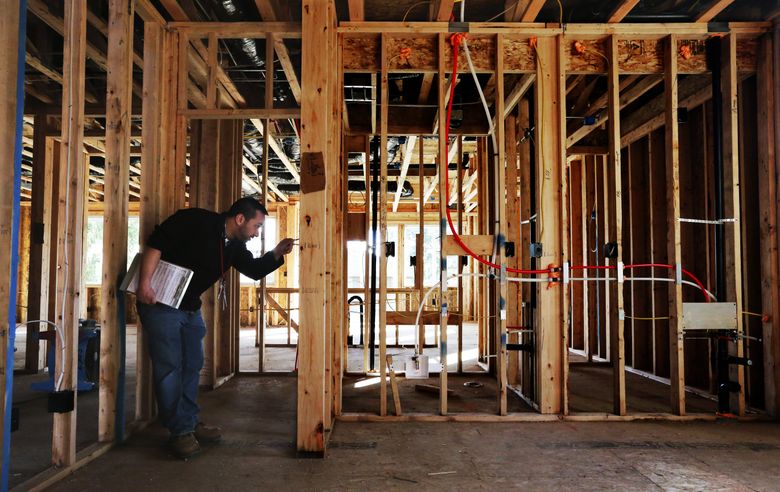
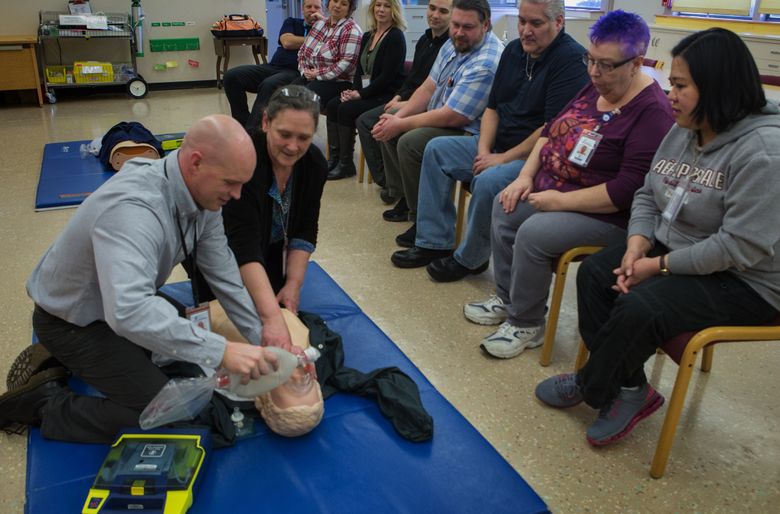
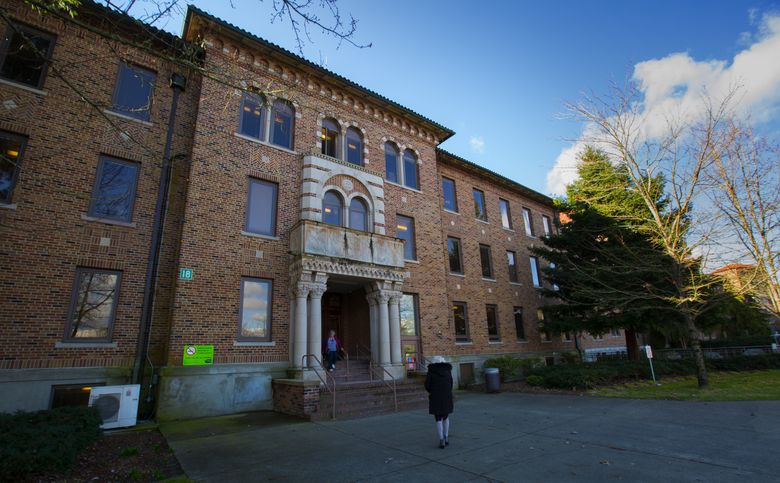
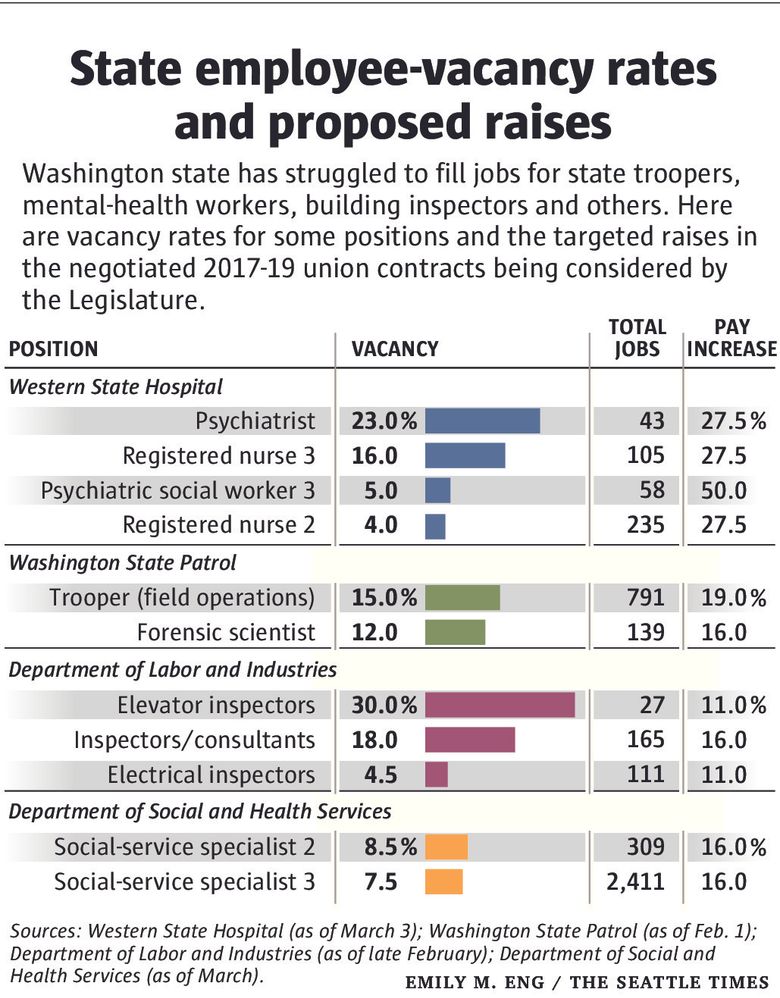
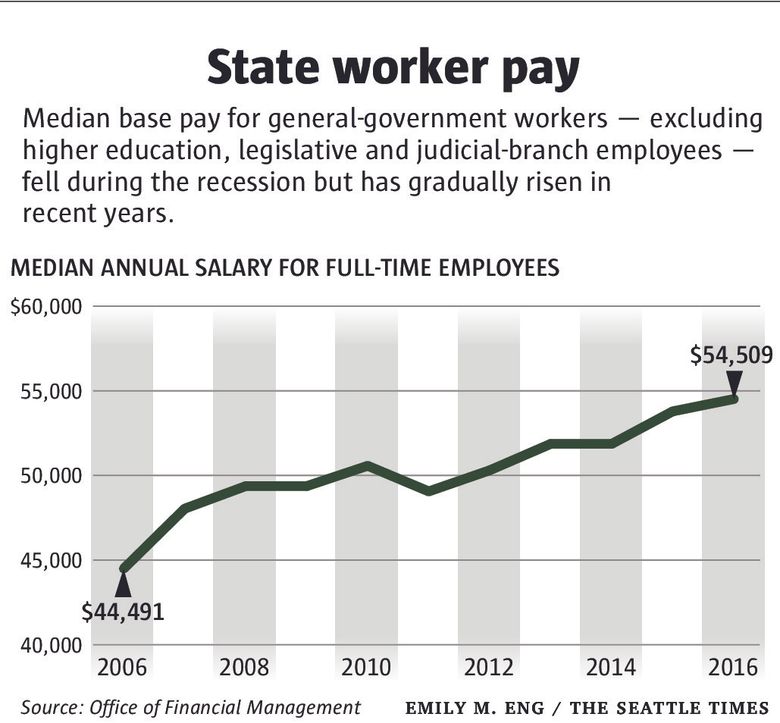

No comments:
Post a Comment